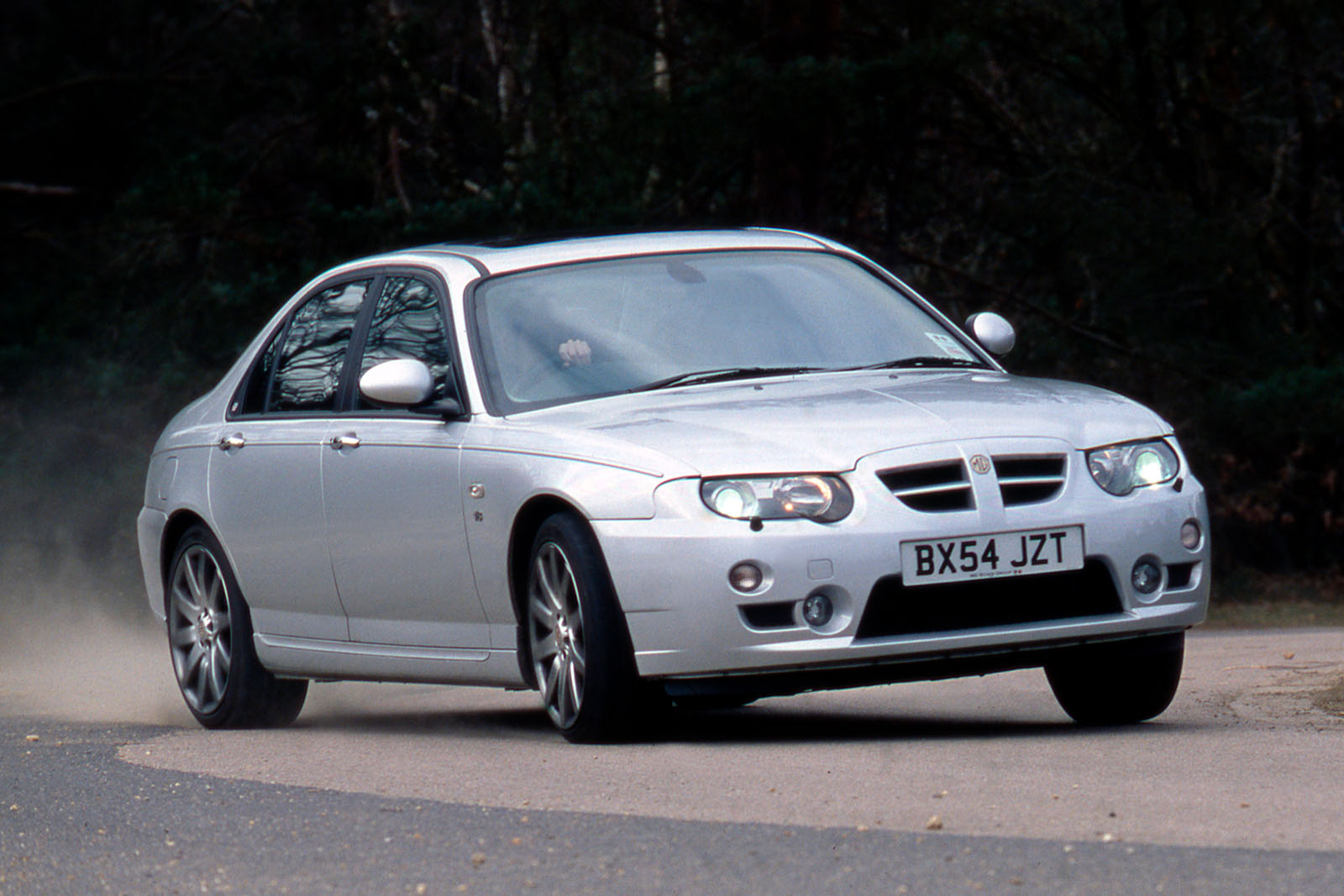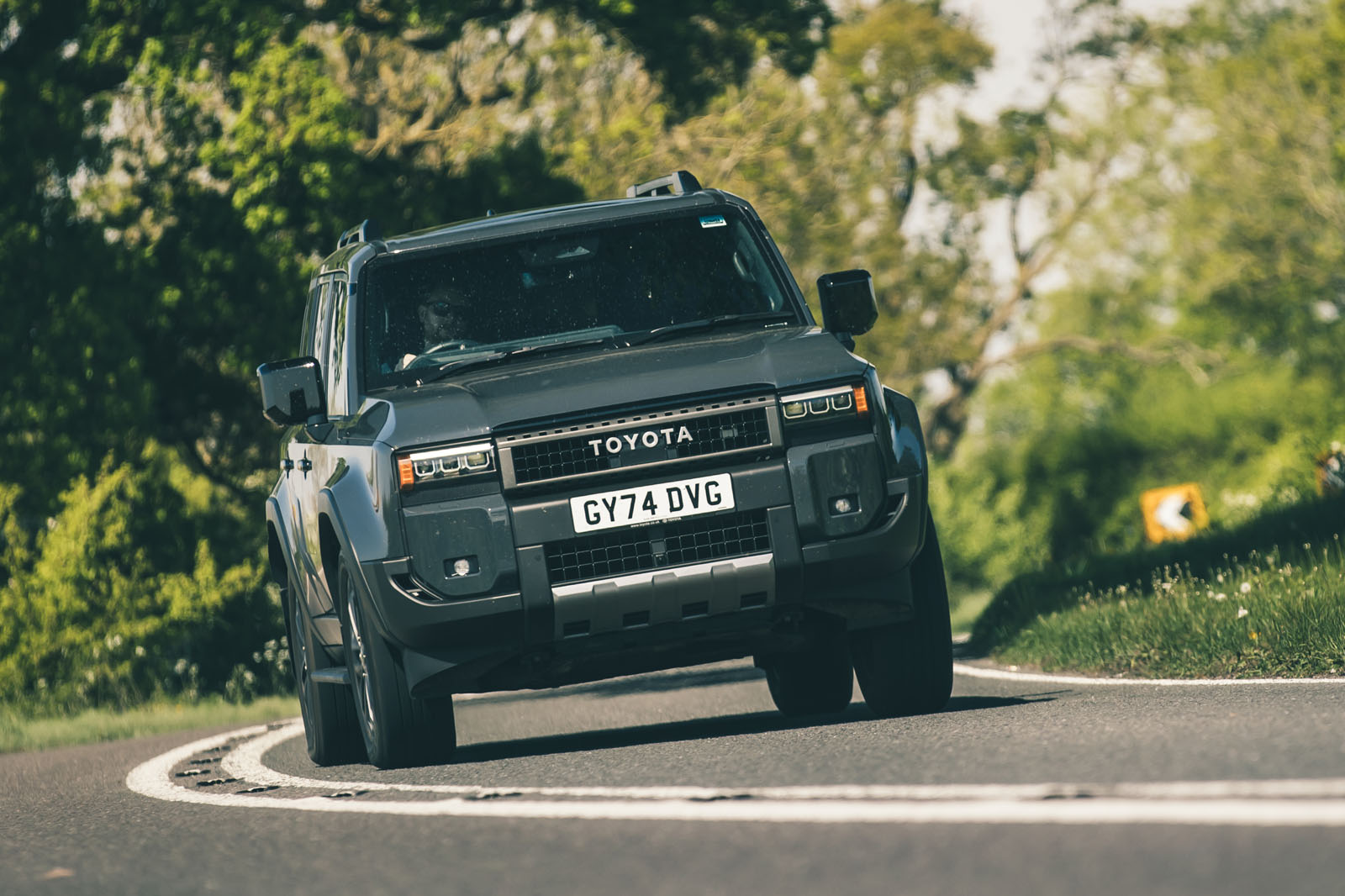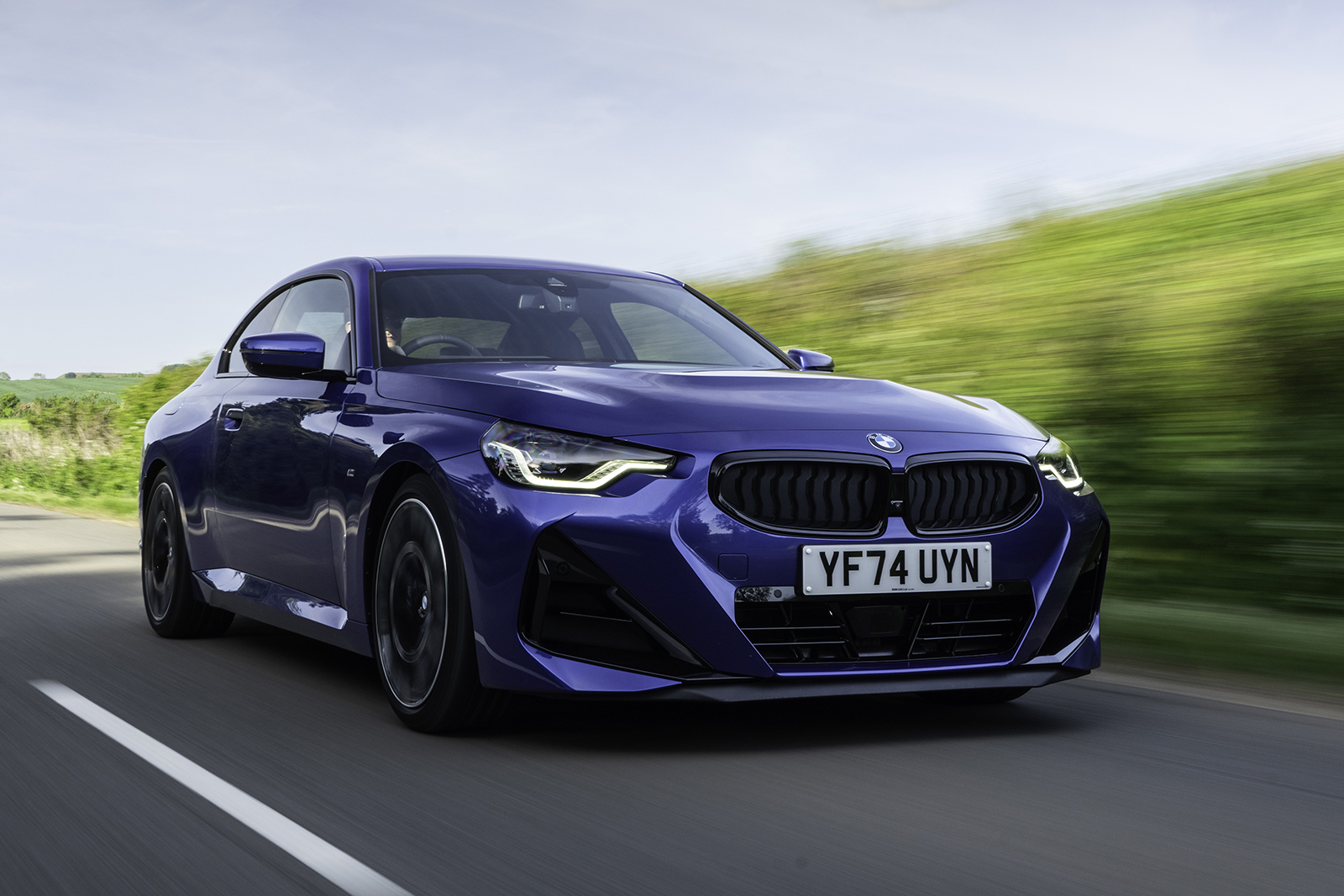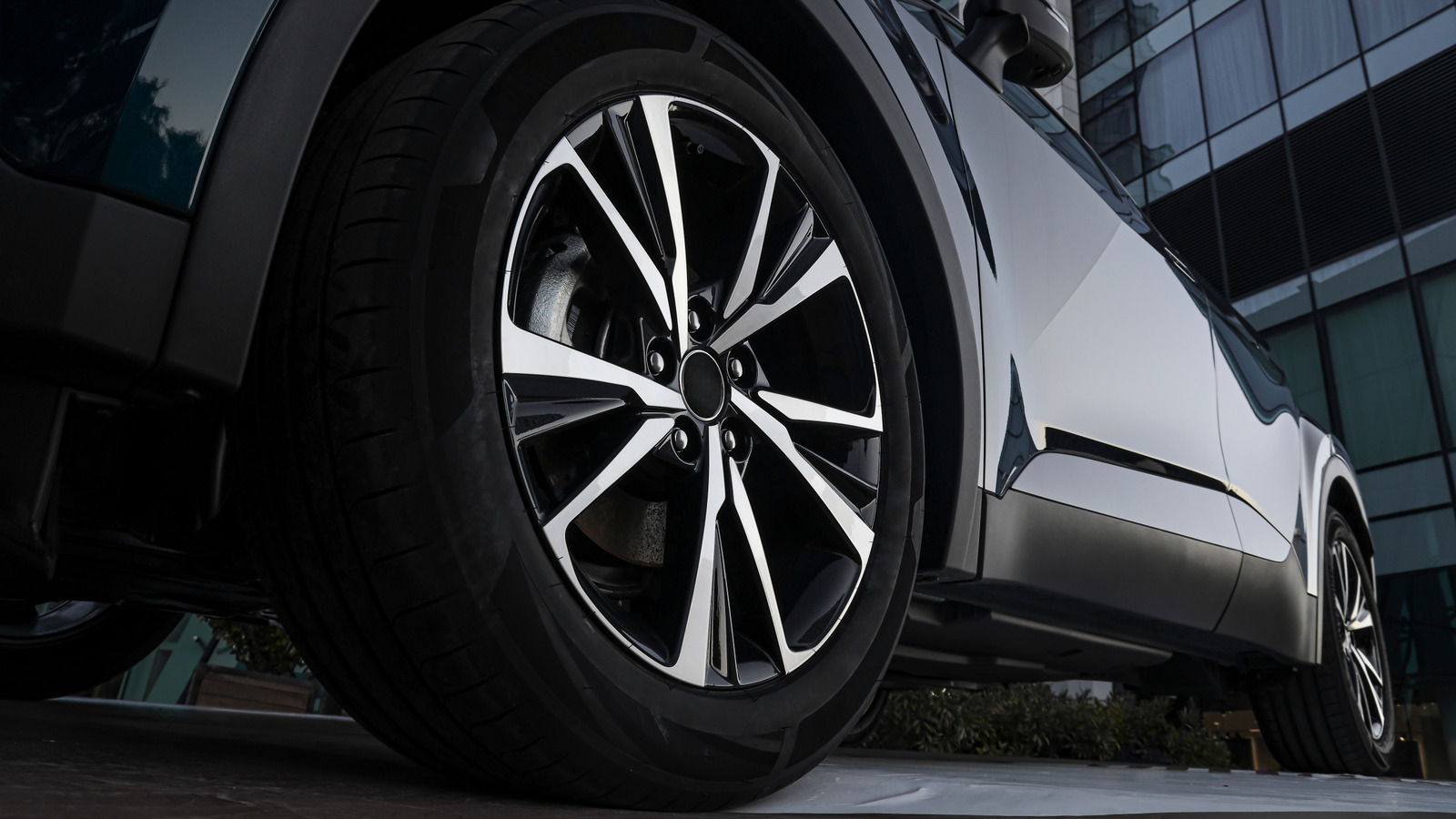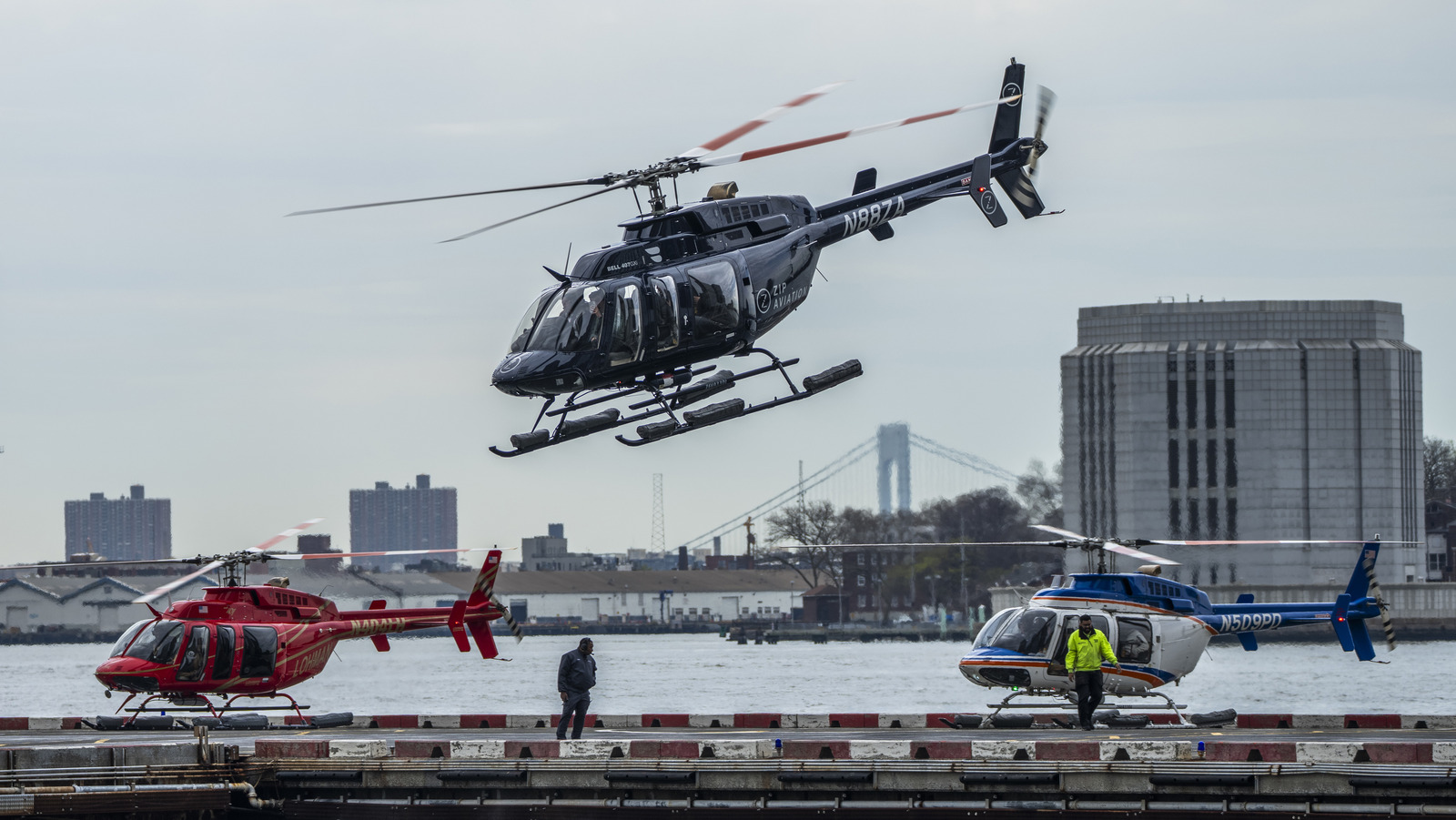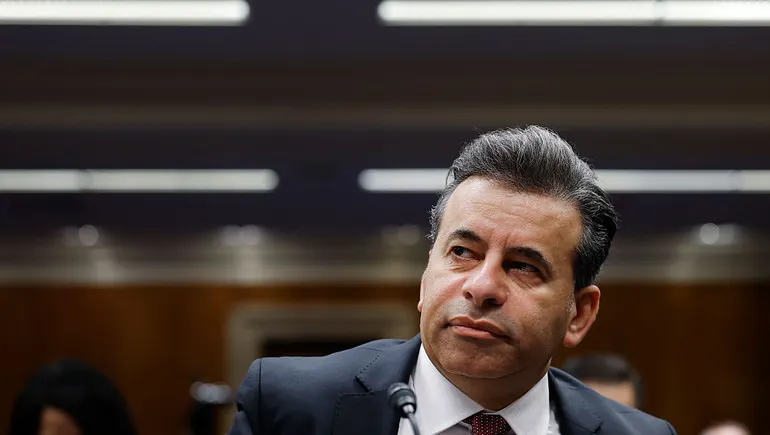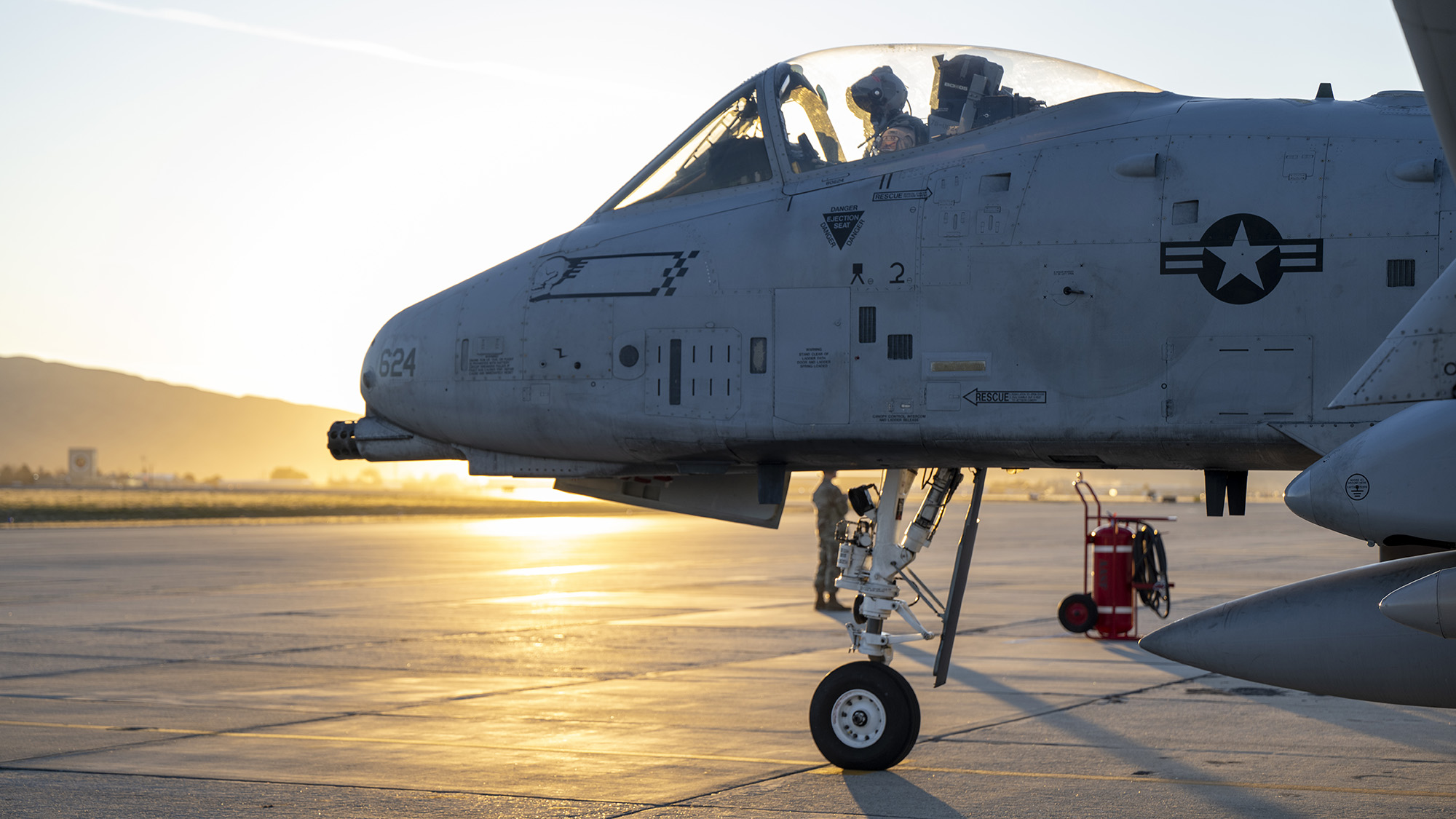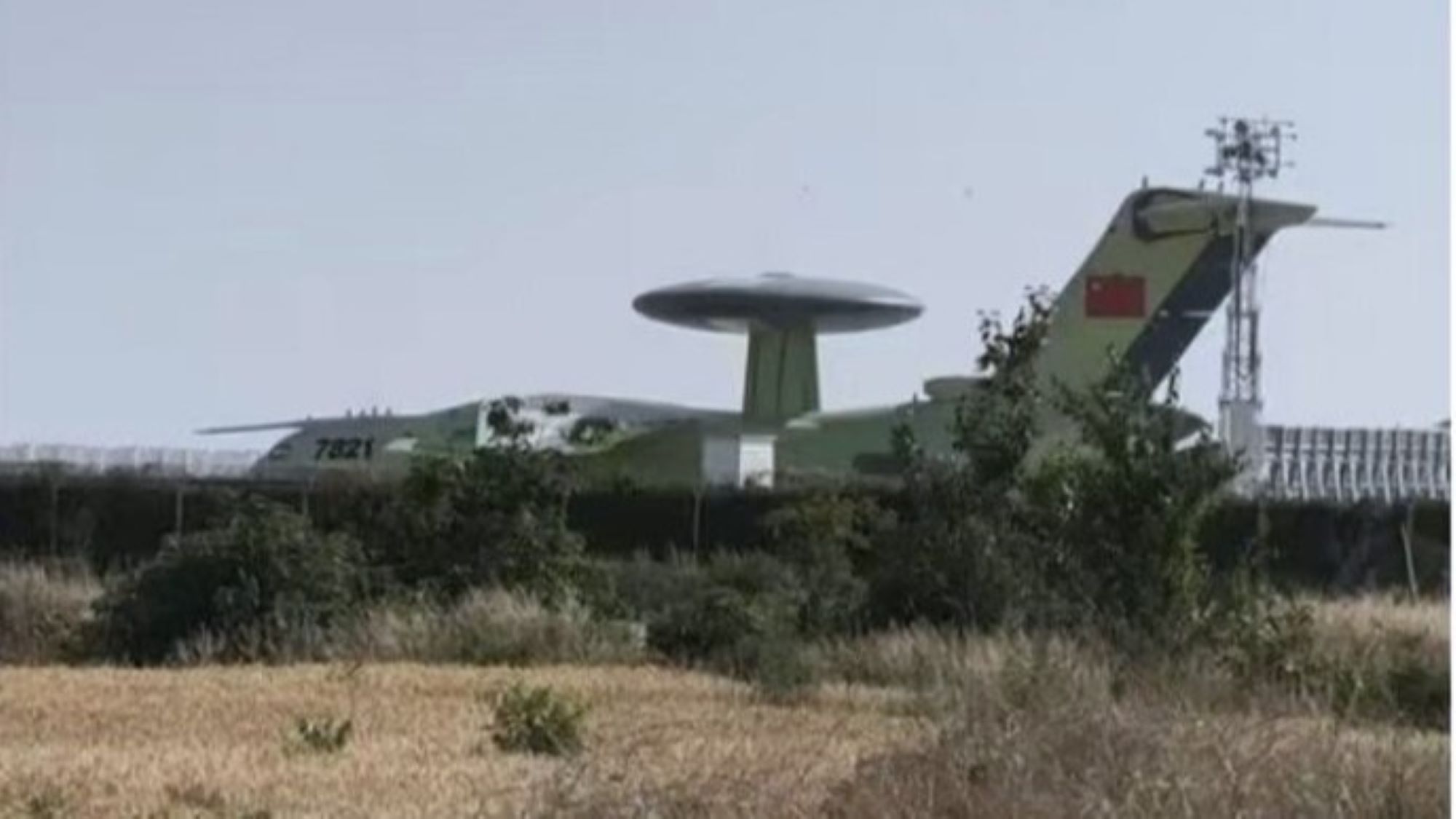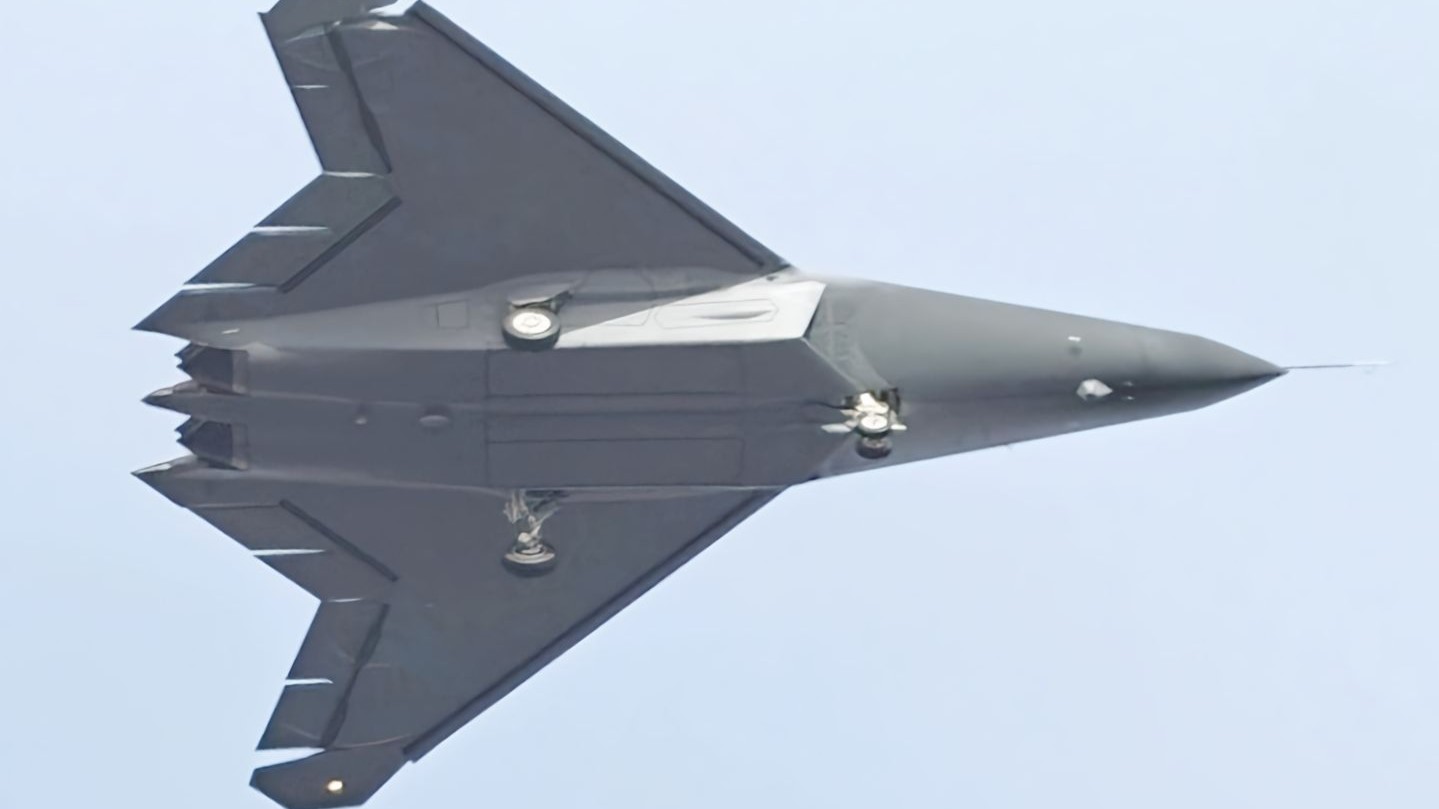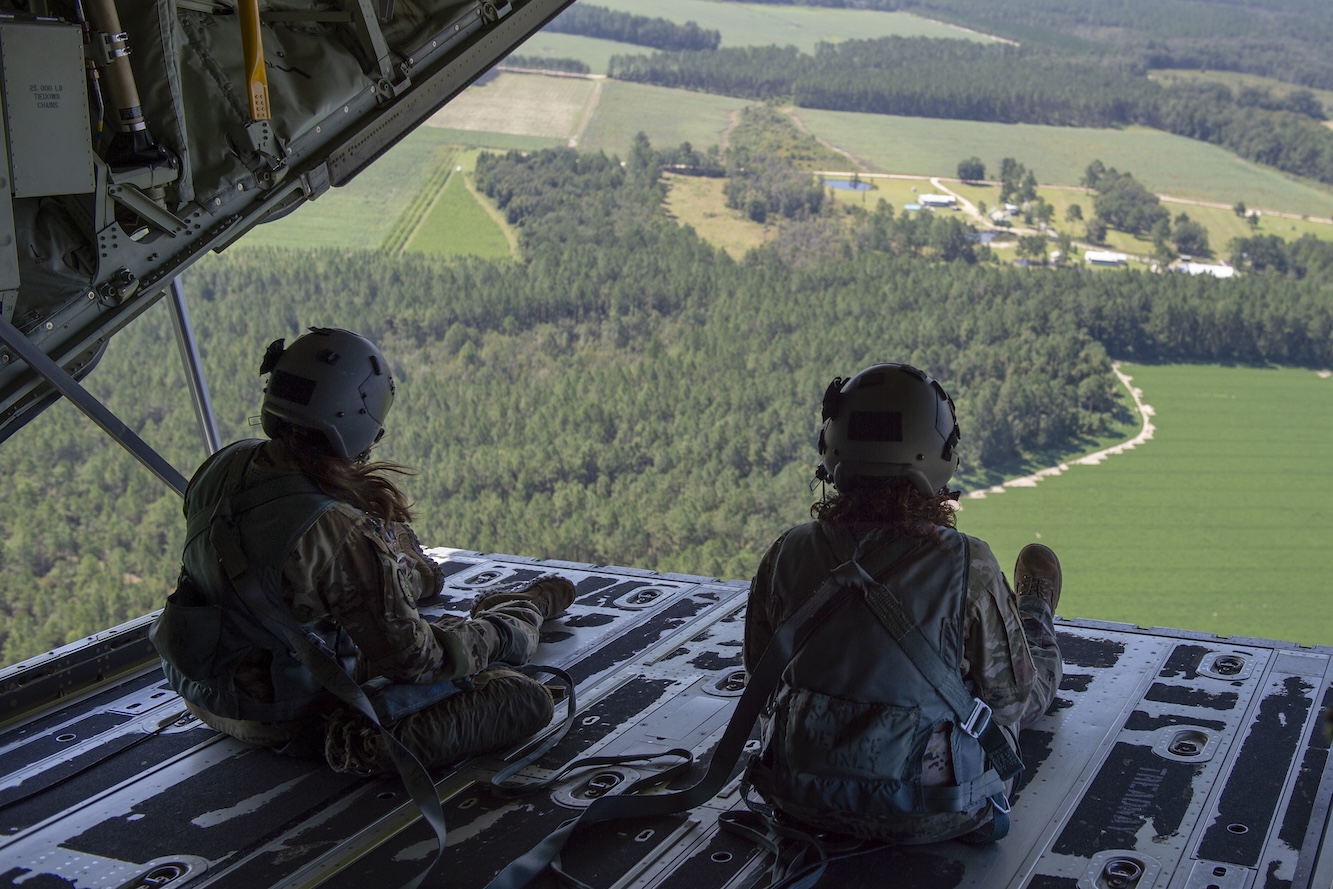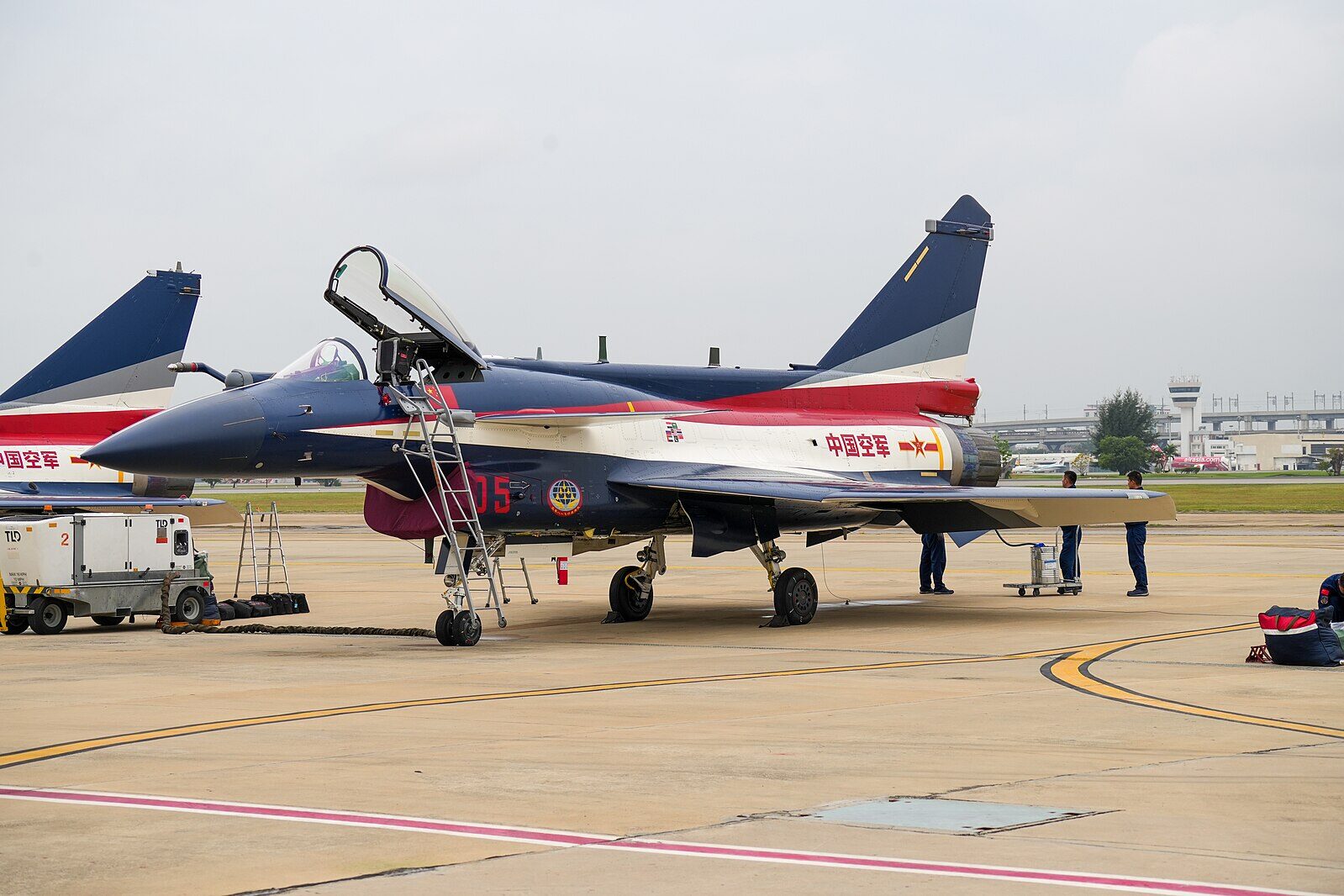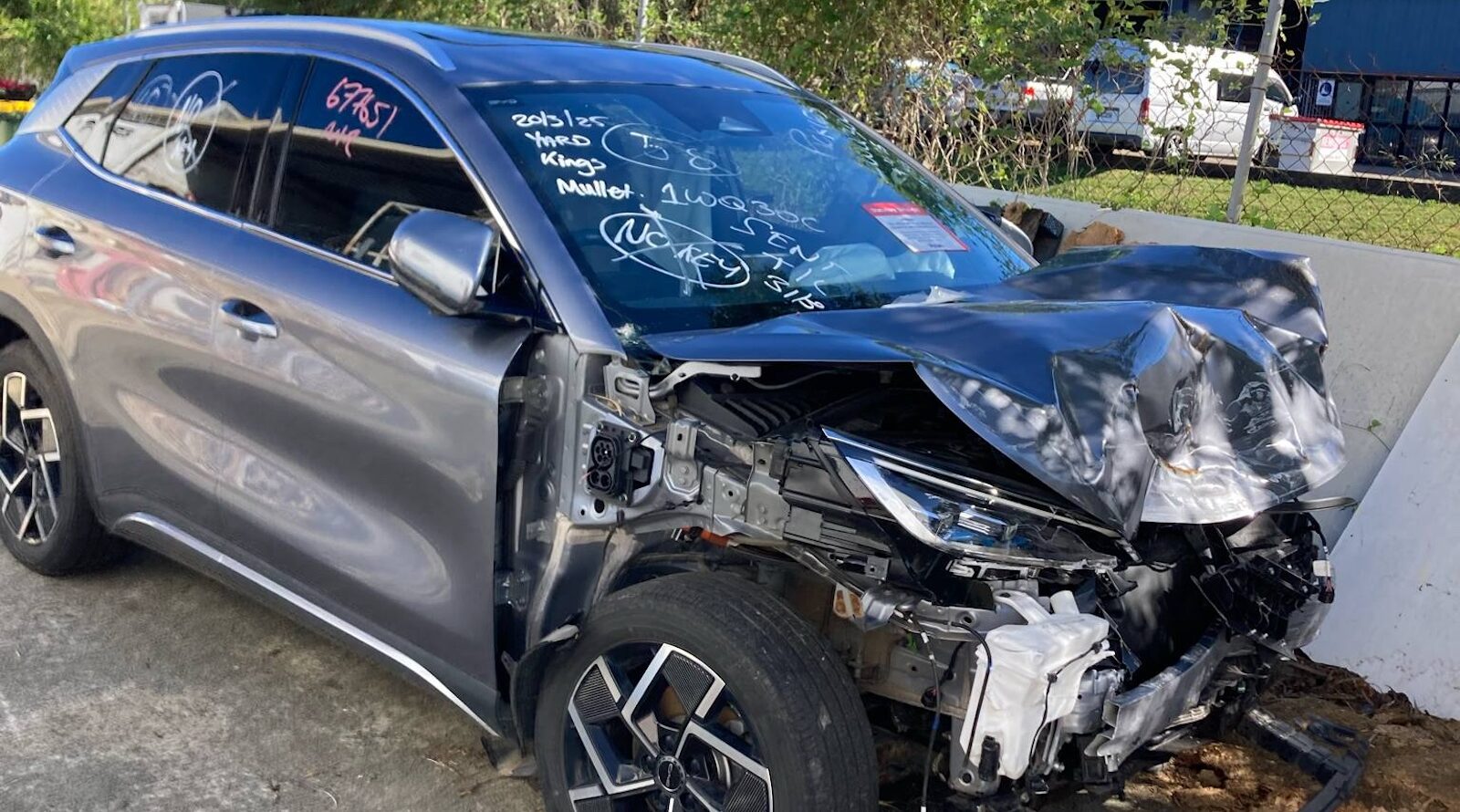Lockheed pitches pilot-optional F-35
The company is hoping the Pentagon will buy into plans to “supercharge” the F-35.

Potential upgrades to the jet include improved stealth coatings, redesigned engine nozzles, outer mold line changes, new electronic-warfare capabilities, and autonomy, which could “make the F-35 pilot optional over a relatively modest timeframe, based on a lot of the development we've done for our NGAD offering,” Jim Taiclet said Wednesday during at Bernstein’s Annual Strategic Decisions Conference.
The F-35 already includes some autonomous functions, which were displayed in 2023 when a jet flew for 11 minutes after the pilot ejected, but officials haven’t publicly discussed a fully autonomous F-35.
Taiclet first floated the idea for a “supercharged” version of the F-35 during the company’s first-quarter earnings call last month, asserting that the F-35 program team can deliver 80 percent of sixth-gen capability at half of the cost.
These upgrades could move into flight testing in two to three years, Taiclet said during the conference Wednesday.
The push comes as Lockheed looks to replace revenue now that the company is out of sixth-generation fighter programs, since the Air Force picked Boeing to build the F-47 fighter jet and the company has been dropped from the Navy’s F/A-XX program.
Still, whether the Pentagon is interested in buying a “Ferrari” version of the F-35 remains to be seen. The company has long struggled with adding new technology to the plane, and is years behind schedule for delivering Technology Refresh-3, a new suite of software and hardware upgrades needed for Block 4 improvements.
At the conference, Taiclet said that TR-3 will likely be fully combat-capable by the end of this year. The current hold-up is the integration of a suite of new sensors, called the Distributed Aperture System, with the rest of the TR-3 hardware and software, Taiclet said.
“Once that catches up, we think by the end of this year, then all those aircraft that have been delivered will be combat-capable and allowable to be, like, at the front line for the services and for our allies,” he said.
F-35 sales outlook
Future F-35 purchases also remain a big question mark, as the Pentagon moves money to new priorities and the aircraft has come under scrutiny from President Trump advisors such as Elon Musk and Laura Loomer. European countries may also be rethinking their F-35 plans in the wake of Trump’s threats to NATO.
Taiclet said he’s confident the company will maintain the 156-jet-per-year production rate, “even if the U.S. order itself wavers a little bit up or down,” and that international demand will remain strong because of the program’s global supply chain.
“I feel that there'll be strong support for F-35 over the next many number of years, because of A, capability, and B, the embedded industrial commitment already in Europe, and we're seeing the same kind of demand trend in Asia as well. Obviously, the geopolitical threat in both areas of the world and in the Middle East as well, are rising, unfortunately, and literally the only relevant aircraft that can compete with any fifth-gen opposition aircraft is the F-35 that's in production today,” he said.
And Taiclet pointed to potential new F-35 customers, with Trump opening the door to Saudi Arabia and India. The Lockheed CEO attended a portion of Trump’s trip to the Middle East, where the U.S. agreed to sell Saudi Arabia more weapons. The White House has not said whether Riyadh, which has been interested in the jet for years, might be allowed to buy the F-35.
“There's a discussion about a path to fifth-generation in Saudi Arabia, for example; there'll be multiple steps in that. It could take some time, but I think if we can work with Saudi, Qatar, and UAE on really bolstering their air-superiority capabilities and their integrated air and defense capabilities…there'll be really significant opportunity for the company along those lines, and a few others too,” Taiclet said. ]]>












